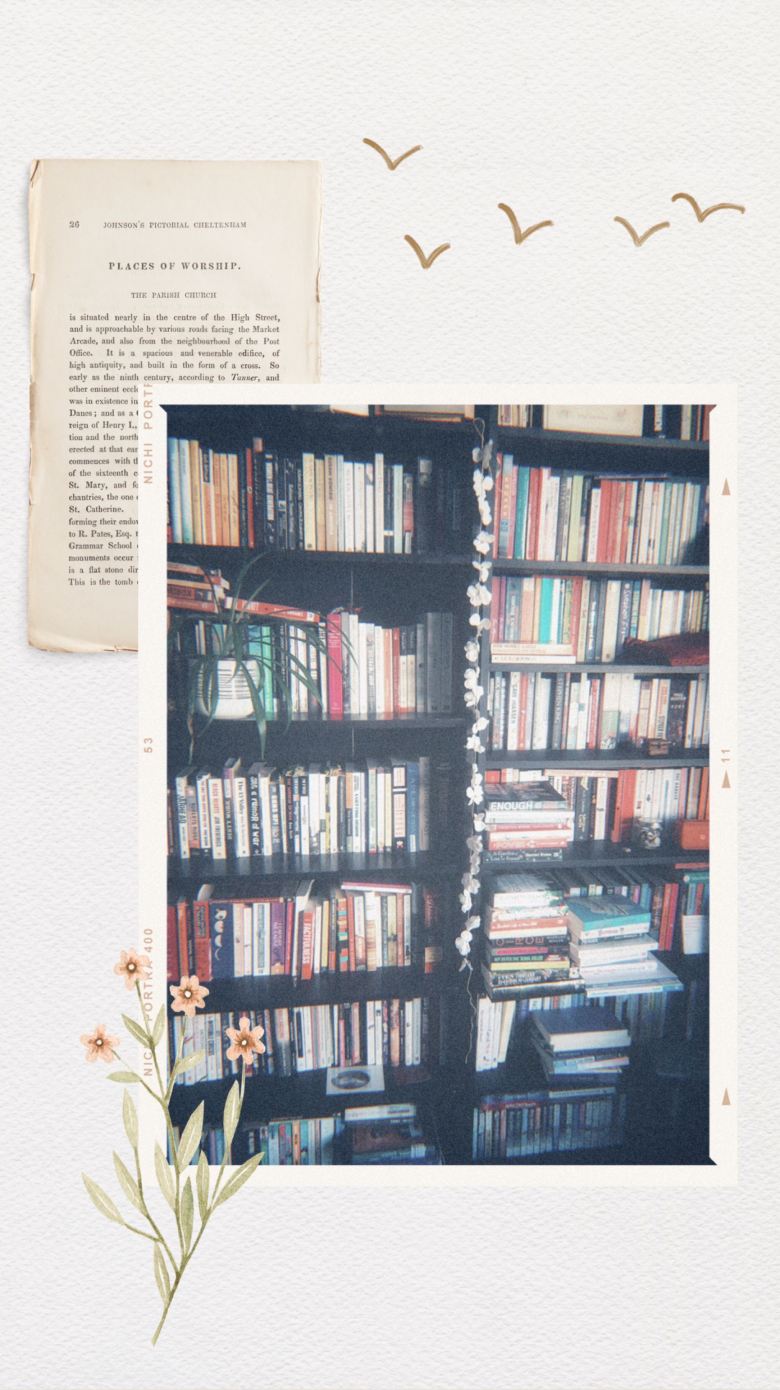Face the challenge
Being the ADHD nerd that I am, I always try to be prepared the best I can for upcoming plans and challenges. Educating myself in regards to every possible eventuality that could occur gives me a sense of security and peace of mind, knowing I will be able to handle pretty much everything life throws at me (note that I say “pretty much everything” and not “all” — I’m a fuzzybrain, not a complete idiot). The same goes when I decided I wanted to spend less money on stuff I don’t need.
This, of course, means that I did my best to prepare myself for the challenge ahead, my Low Buy 2020. Watching videos and reading some inspiring blog posts all contributed to me still going strong and not even missing shopping in any way on day 12 of this new adventure. It wasn’t that easy and enjoyable to quit smoking, that much I can already say. My various sources provided me with some valuable tips on how to best navigate through a world that is focused on mindless consumption as a way to raise your spirits, and I picked those that work best for me. Here are my favorites.
1) Out of Sight, out of Mind – Unsubscribe and Unfollow
I heard and read different opinions regarding unsubscribing and unfollowing to remove yourself from even the slightest temptation. Whereas some want to stay informed about what’s going on, others insist on unsubscribing and unfollowing to make your life a lot easier during a low-buy or no-buy challenge. I agree with the latter. Consequently, unsubscribing from newsletters and similar emails as well as unfollowing some accounts on Insta makes this challenge a lot easier. I’m susceptible to seeing something online and instantly wanting it, especially regarding clothes, backpacks, and bags. I’ve worked in marketing and advertising long enough to recognize certain linguistic devices and design elements, thus it’s not necessarily the ads or emails I fall for, but rather a look promoted by some influencer or a certain kind of website with a minimalist look, elegant and low key — that’s my soft spot.
So better safe than sorry — unsubscribe, unfollow, un-everything that helps you not to feel like you’re missing out or denying yourself a better life. Also: less spam mail, and more spare time — hooray!
Removing myself from all temptation also means not going to the stores or shopping malls. Since I’m not a big fan of crowds in general this is a rather positive consequence of my Low Buy. The same applies to online shops: I don’t want to buy anything so why should I visit their website?
2) Remove all temptation
I removed every shopping app I had on my phone and tablet. Nothing is more convenient than scrolling through Amazon when you’re bored — by simply removing the app it’s not THAT easy anymore. Some also suggest deleting your credit card/bank detail from online store accounts so that you have to fill in all your information every time you want to make a purchase. This obviously helps to spend less money since most of us can’t remember all our information and are often simply too comfortable to get up and search for it. I haven’t done this because I don’t think I need it – but it’s good advice for those who may need it.
In addition to removing all shopping apps, I’ve also created a wish list where I record all the items that I may want to buy after giving it some time and consideration. As my Low Buy Year should largely be a No Buy Year, I won’t buy most of the items on my wish list before 2021, if ever. The only exceptions are items deemed necessary (as I explained in my Low Buy Rules). And books. But I got a separate wish list for books since a monthly book budget of €50 doesn’t necessarily mean I can buy every book I want. Planning is key. Always.
3) Enjoy and plan your meals
Furthermore, meal planning will also help to shop consciously, though this might not be for everyone. I started meal planning a few months ago — inspired by Anna Newton and her book The Anna Edit — because I don’t like cooking and I’m not exactly creative in the kitchen department. In combination with the fact that without a clear plan, I have a hard time shopping for groceries (some say that’s one symptom of ADHD) — meal planning is a great way to make my life much easier. Additionally, though this wasn’t my main intention when I started it, we’re saving money.
4) Track your spending
To plan ahead also means keeping track of your money. Even though this challenge is mainly about my inner peace and breaking the spell of retail therapy, one important goal is saving a decent amount of money. After all, having some money on the side will buy you the freedom to live on your own terms whenever you feel the need to do so.
Keeping a budget will help you to track your money, see where it goes, and plan where it should go instead. I don’t like apps so I do it the traditional ‘analog’ way with charts and lists, and I’m only at the beginning of actually telling my money where it should go BUT I’m on my way. If you decide to keep a budget yourself, find a way that works for you — you will find tips regarding budgeting all over YouTube, on podcasts about personal finances, and all over the internet.
That’s the last post of my Low Buy for Beginners series – for now.
I will continue to write about my Low Buy Challenge 2020 as well as the books I read and the life I live…just as I did before. Enjoy 🙂

